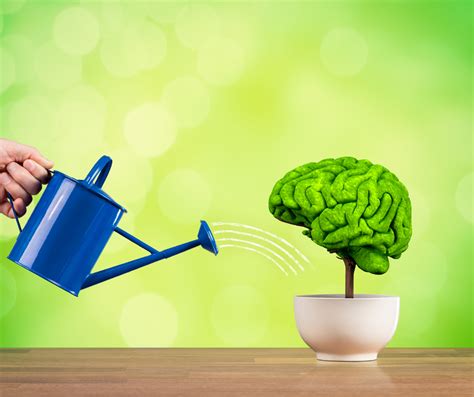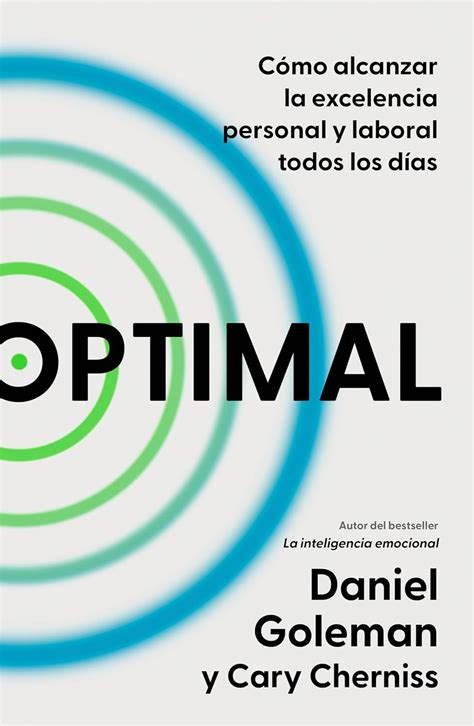How can optimizing sleep directly boost men’s daily energy and cognitive performance?

The Undeniable Link Between Sleep and Men’s Performance
In today’s demanding world, many men often push sleep to the back burner, viewing it as a luxury rather than a fundamental necessity. However, mounting evidence confirms that prioritizing and optimizing sleep is not just about feeling less tired; it directly translates into measurable improvements in daily energy levels and cognitive function. For men aiming to excel in their careers, maintain active lifestyles, and support overall health, understanding and harnessing the power of sleep is crucial.
Poor sleep quality and insufficient duration can have a cascading negative effect, impacting everything from physical stamina and mood to decision-making abilities and memory recall. The good news is that even small adjustments to sleep habits can yield significant returns, transforming your day-to-day experience.

Recharging Your Battery: Sleep’s Impact on Daily Energy
For men, the connection between sleep and energy is profound. During sleep, your body undergoes vital restorative processes. Cells repair, muscles grow, and essential hormones are regulated. A key hormone influenced by sleep is testosterone, which plays a critical role in men’s energy, mood, muscle mass, and libido. Studies have shown that even a single week of insufficient sleep can significantly decrease testosterone levels.
Furthermore, sleep helps regulate cortisol, the stress hormone. When sleep-deprived, cortisol levels tend to remain elevated, contributing to feelings of anxiety and fatigue throughout the day. Adequate sleep, conversely, helps bring cortisol into balance, allowing for a more calm and sustained energy release. Your body also replenishes glycogen stores, which are crucial for physical energy, especially for those with active lifestyles.

Sharpening the Mind: Sleep and Cognitive Function
Beyond physical energy, sleep is indispensable for optimal brain function. While you sleep, your brain doesn’t just rest; it actively consolidates memories, processes information learned during the day, and clears out metabolic waste products that can accumulate and impair neural function. This ‘brain cleansing’ process, known as the glymphatic system, is most active during deep sleep.
Specifically, optimized sleep enhances several critical cognitive areas:
- Memory Consolidation: Sleep helps transfer short-term memories into long-term storage, making recall more efficient and reliable.
- Focus and Attention: Adequate rest improves your ability to concentrate, sustain attention, and avoid distractions throughout the day.
- Problem-Solving and Decision-Making: A well-rested brain can process complex information more effectively, leading to clearer thinking and better judgment.
- Creativity: Sleep can foster new insights and creative solutions by allowing the brain to make novel connections between pieces of information.
Neglecting sleep can lead to ‘brain fog,’ impaired judgment, slower reaction times, and difficulty learning new tasks—all significant impediments to daily performance.

Practical Strategies for Optimizing Sleep
Improving your sleep doesn’t require a complete overhaul overnight, but rather consistent, small adjustments to your daily routine:
- Maintain a Consistent Sleep Schedule: Go to bed and wake up at roughly the same time every day, even on weekends. This helps regulate your body’s natural circadian rhythm.
- Create an Optimal Sleep Environment: Ensure your bedroom is dark, quiet, and cool. Blackout curtains, earplugs, or a white noise machine can be highly beneficial.
- Establish a Relaxing Pre-Sleep Routine: Wind down an hour before bed. This could include reading a book, taking a warm bath, meditating, or listening to calming music. Avoid screens (phones, tablets, TVs) which emit blue light that disrupts melatonin production.
- Watch Your Diet and Exercise: Limit caffeine and heavy meals close to bedtime. Regular physical activity can significantly improve sleep quality, but try to finish intense workouts several hours before sleep.
- Manage Stress: Chronic stress is a major sleep disruptor. Incorporate stress-reduction techniques like mindfulness, yoga, or deep breathing into your day.

Conclusion: Unleash Your Potential Through Better Sleep
For men seeking to maximize their daily energy and cognitive performance, optimizing sleep is not an option; it’s a fundamental requirement. By understanding how sleep directly impacts your hormones, physical restoration, memory, and focus, you can make informed choices that prioritize this essential bodily function. Integrating effective sleep strategies into your routine is an investment that pays dividends across all aspects of your life, enabling you to feel more energized, think more clearly, and perform at your peak every single day.










